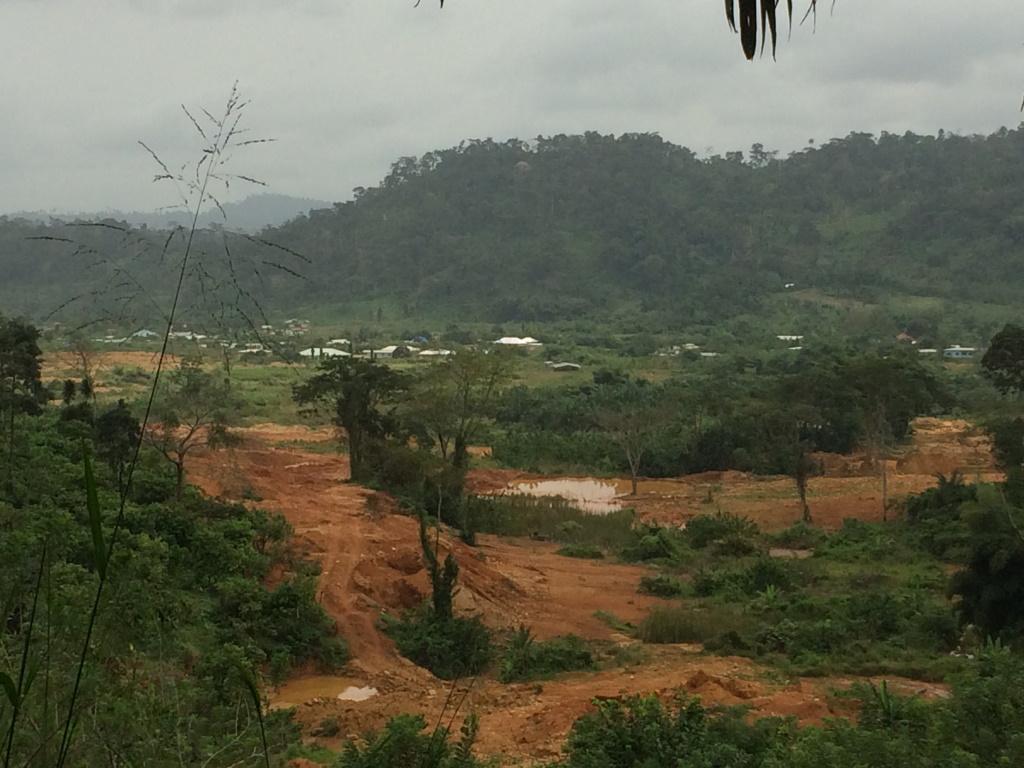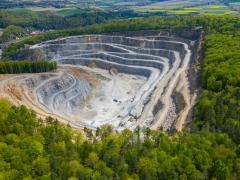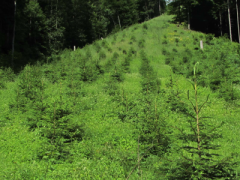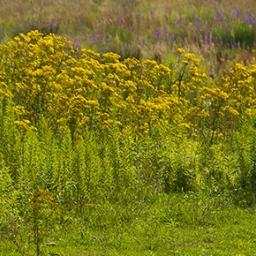Contextualizing local landscape initiatives in global change: A scenario study for the High Forest Zone, Ghana
Integrated landscape management (ILM) is increasingly considered as an approach to reconcile multiple, often conflicting, demands on a landscape scale. This research compared two sustainability oriented scenarios, one more bottom-up inspired and another more top-down focused, to explore possible synergies and trade-offs in the High Forest Zone in Ghana. The outcomes contribute to improving the design of integrated landscape initiatives.
Integrating global, national and local ambitions at the landscape scale
ILM aims at addressing major interconnected global challenges, such as poverty, food security, deforestation, and climate change. A principal element of ILM is the consideration of multiple scales, harmonizing local-level needs and ambitions with those that derive from outside the landscape. ILM initiatives are most often initiated by local actors focusing on local priorities, thereby facing the risk of insufficiently realizing that the landscape is embedded in a wider macroeconomic and societal context.
Comparing two sustainability oriented scenarios
The research, lead by Sarah Wolff (VU-IVM), contextualized a landscape initiative located in the High Forest Zone of southern Ghana, focusing on global socioeconomic and political developments that are expected to have an influence on the region. Two “sustainability” scenarios were designed and assessed for the period between 2015 and 2030, reflecting the demands and ambitions of local stakeholders (bottom-up, inspired by the PBL Atewa-Densu casestudy) and of global environmental policy (top-down, inspired by the Shared Socioeconomic Pathway SSP1) for the region. The outcomes showed that global climate and cocoa production priorities could induce synergies between food production, biodiversity conservation, and climate change mitigation at the scale of the case study region, but could come at the cost of mixed forest systems that play an important role in livelihoods.
Improving the design of landscape initiatives
Land change scenarios can play a critical role in assessing and visualizing interactions and provide input for discussion and negotiation on how to integrate different objectives in the design of integrated landscape initiatives. The results from this research will contribute to PBL activities on improving landscape planning and strategies in the African focus region of the Dutch Ministry of Foreign Affairs.

Authors
Specifications
- Publication title
- Contextualizing local landscape initiatives in global change: A scenario study for the High Forest Zone, Ghana
- Publication date
- 14 October 2020
- Publication type
- Article
- Page count
- 37
- Publication language
- English
- Magazine
- Regional Environmental Change
- Issue
- 20, Article number: 115 (2020)
- Product number
- 2616




